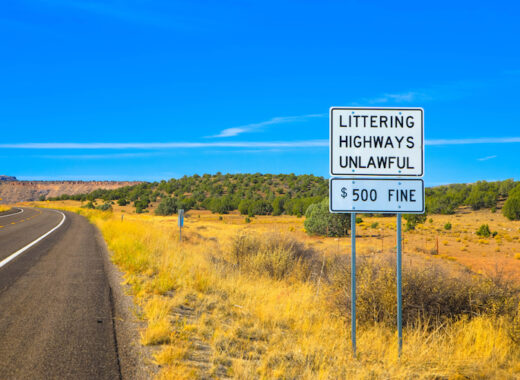When searching for an apartment or vacation rental, you likely focus on price, location, and amenities. Scammers know this and create fake rental listings to capture your attention and money before you realize the property doesn’t exist. Here’s how to spot and avoid these scams to protect your finances and personal information.
How Rental Scam Ads Work
Scammers often hijack legitimate rental listings by copying photos and descriptions, replacing the agent’s contact information with their own, and reposting the ads on different websites. When you inquire about the rental, you’ll reach the scammer, who may take your money for an application fee, deposit, or first month’s rent before disappearing, leaving you without a place to move into.
– Search for the rental location’s address online, along with the property owner or rental company’s name. If multiple ads appear for the same address with different owner names, it’s likely a scam.
– Visit the rental company’s official website** to verify if the property is listed. If it isn’t, the ad you found may be fraudulent.
Fake Listings for Non-Existent Properties
Some scammers create listings for properties that aren’t for rent or don’t exist. These ads might offer low rent or amazing amenities to lure you in. When you request a viewing, the fake owner might claim to be out of the country or provide another excuse for not showing the property, urging you to make a quick decision and send money via wire transfer, gift card, or cryptocurrency. Once you pay, the scammer vanishes with your money.
– Never send payment for a property you haven’t seen or to a person you haven’t met. Treat wire transfers, gift cards, and cryptocurrency payments like cash — once sent, you likely can’t get them back.
– Avoid rentals where you can’t see the apartment or sign a lease before paying. Keep looking if this is the case.
Evaluate Rental Listings
– Search online for the property owner or rental company’s name with terms like “complaint,” “review,” or “scam.” Check other people’s experiences.
– Consider the rental price. If it’s much lower than similar rentals in the area, it could be a scam. If anyone pressures you to make a quick decision to secure a great deal, walk away.
– Visit the property before signing or paying. If you can’t go in person, ask someone you trust to verify the property’s existence and condition. If visiting in person, ask the rental agent for a business card from the managing company and check the agent’s ID to ensure it matches the records.
Protect Your Personal Information and Money
– Don’t give personal or financial information to anyone who contacts you claiming to be associated with the owner or rental company.** Instead, use the contact information you have and reach out directly.
– Never pay with cash, wire transfers, gift cards, or cryptocurrency.** Scammers who demand these payment methods are likely to steal your money.
Report Problems
If you encounter a rental listing scam, report it to your local law enforcement agency, the website where the ad was posted, and the Federal Trade Commission (FTC) at ReportFraud.ftc.gov. You can also report it to your state attorney general.
By following these tips, you can better protect yourself from falling victim to rental listing scams and ensure a safer search for your next home or vacation rental.








